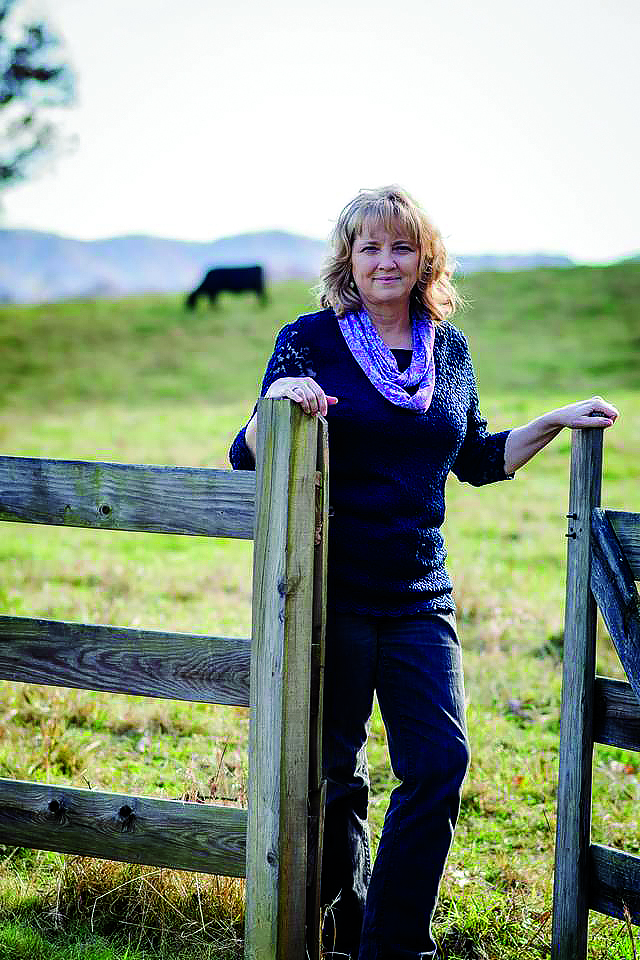

Rita Quillen
“Wayland,” Rita Quillen’s sequel to “Hiding Ezra,” is a tightly-woven package of elements that comprise a literary success. Do you read for roundly developed characters? Is a suspenseful page turner your favorite kind of book? Does evocative language complete with references to places you are familiar with provide entertainment? Do you enjoy fiction that recalls a time gone by? “Wayland” fulfills all these requirements, standing on its own as an excellent novel; no knowledge of “Hiding Ezra” is necessary.
Not a spoiler alert: From page one we know Buddy Newman is a no-good, terrible human being. Quillen writes, “When a man is hollow inside, he can fill himself up with anything he needs, get bigger or smaller, stay fluid or form a solid wall.” A member of the hobo culture that lands in Gate City, Virginia, on a coal train, Buddy is searching for his next meal and an opportunity to feed his depraved inclinations. Buddy likes to take advantage of women and has a particular affinity for young girls.
The kind and unwittingly deceived Nettles family takes Buddy in. The hobo inserts himself in their lives by using ploys that only a practiced student of human psychology could devise. He becomes a “friend” to the lonely Andrew who owns and operates a sawmill. By proving to be a good worker at the mill, Buddy manages to slither into the fabric of the Nettles’ family life, eating meals with them and entertaining them with stories and artistic talent. Eva, Andrew’s wife, does not trust Buddy. Her intuition plus a startling discovery in Buddy’s backpack alert her to his duplicity. The problem is that Andrew cannot see his new friend’s two-faced nature. Buddy, however, sees clearly how to manipulate others and proceeds accordingly. Such ability to ensnare is Shakespearean in scope, and Quillen’s depiction of Buddy is worthy of this description.
Andrew and Eva are raising Katie Teague, Eva’s young niece. Katie’s mother has died, and Eva’s brother, Ezra, is having trouble coping with her loss and the fallout from World War I. Eva and Andrew love Katie as a daughter; she is described as a stunning beauty who had an amazing mind, capable of “unique turns of phrase and questions that came to her....”
Eva and Andrew have a touching back story that affects their marriage and love for Katie. The couple, as well as Katie, are richly developed characters, admirable for their resilience and grit. Their values and desire to live a better life represent one story of Appalachia during the 1930’s. Inevitably, we hope that Buddy’s immorality will not destroy all that the Nettles cherish, including their marriage.
The setting is a vital element in the story. For local readers, the familiar names of Fort Blackmore, Dungannon, Clinch Mountain, Kingsport and Eastman add an extra layer of interest.
Taking place after World War I on the cusp of the Depression, the story captures a hardscrabble life from a distinctly local, Appalachian perspective. Morals, community, mental illness, church – all reflect the realities of living during this time and in this place. The universal inclinations of the human spirit, both good and evil, elevate the story beyond the setting.
Quillen has chosen a quote from Oscar Wilde’s “The Importance of Being Earnest” to precede page one of the novel: “I have never met any really wicked person before. I feel rather frightened. I am so afraid he will look just like everyone else.” Indeed, evil doesn’t have to come packaged and labeled. It thrives and operates in ways that aren’t always evident. Quillen’s well-told story is a suspenseful, chilling reminder of that truth.